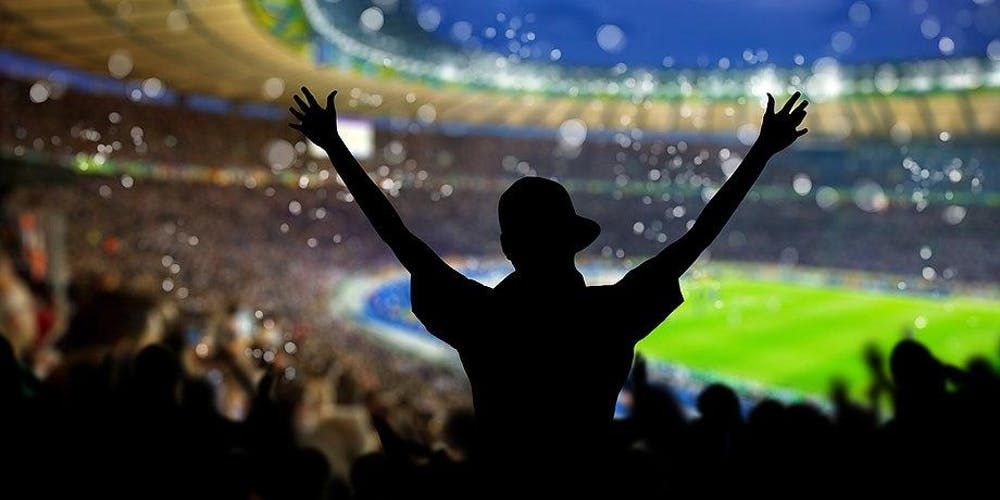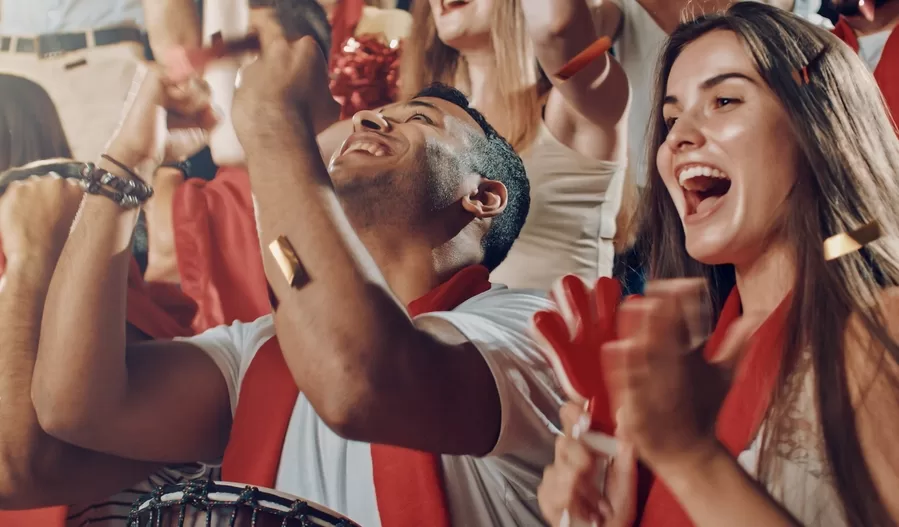Did you know that massive sporting events capture the attention of international audiences thanks to the efforts of many professionals working behind the scenes? In addition to athletes, there are also others such as coaches, technical and health personnel, legal experts, and marketing specialists. Some of the most crucial responsibilities in today’s sports organizations belong to the sports event manager. The latter is in charge of planning complex operations that turn competitions into quite a spectacle.

Event managers provide incredible experiences for athletes and fans by bringing together the necessary employees, equipment, and facilities. This role offers many opportunities to solve challenges whilst making an invaluable contribution to the world of sport. If you’re interested in applying operational expertise to help teams, venues, and communities, perhaps you should consider sporting event management as a career.
What does a sports event manager do?
Sports event managers deal with a large number of issues related to the planning, organization, direction, and delivery of sporting events. Their areas of responsibility can be very broad or very specific depending on factors such as the size of the sporting event.
Managers are essential, especially in mega-events that involve big-budget production, massive audiences, global broadcasts, and enormous local impact. This does not mean that you cannot get involved in smaller-scale competitions. For example, a local 5K race is very different from a world-class marathon, but it still takes careful planning and specialized resources to ensure the event runs smoothly.
There are a wide range of management challenges that can affect the success of a sporting event, and each has its demands. The sporting event manager may have responsibilities that cover all facets of organizing a major event:
- Manage relationships with national sports governing bodies. Collaborate with public relations professionals.
- Guarantee Wifi service for fans.
- Get the tender for sporting events.
- Work with key sporting event stakeholders to define project timelines.
- Provide hospitality to sponsors and other “customers” of the sporting event.
- Communication with announcers and members of the press.
- Recruitment and management of volunteers.
- Identify an appropriate location and collaborate with staff in the preparations
- Arrange accommodation and transportation to the event location for participants.
- Implementation of safety measures for athletes and spectators.
- Parking availability for attendees
- Coordination with local community leaders.
- Negotiation of agreements with suppliers and sponsors.
- Determine how to respond to inclement weather or emergencies
Event coordinator vs. manager
With what we have seen so far, we can confuse the position of event manager with that of event coordinator. But there are small differences.
A manager is tasked with considering the big picture, such as designing a schedule, securing a location, and meeting community needs.
A coordinator’s job focuses on a smaller set of tasks, such as overseeing logistics and leading relationships with suppliers.
Qualities to be a Good Sports Event Manager
Some of the skills and characteristics that count in managing sporting events include:
- Adaptability: Event management leaders proactively adapt to a variety of situations. They must be aware of the dangers that may arise when working with large crowds, taking appropriate measures to minimize the risk. Planners can also help minimize impacts on the environment by establishing sustainable practices for resource use and waste disposal.
- Communication: Managers must be able to express clearly organized ideas and disciplined instructions to all interested parties. You have to know how to address athletes, coaches, support staff, sponsors, suppliers, and members of the media.
- Professional networks (networking): Planners must understand the importance of forming connections within the community hosting an event. We must not forget that sports can be vital to the economic well-being and public image of a city or town, attracting visitors, investment from sponsors, and media coverage. Managers make your events more successful and build valuable relationships with local businesses and leaders.
Ultimately, sporting event managers balance the needs of sports governing bodies, athletes, attendees, and communities to create unforgettable experiences.




